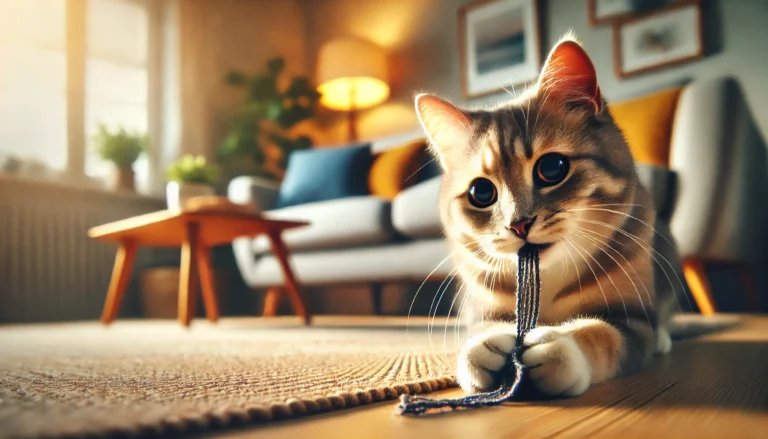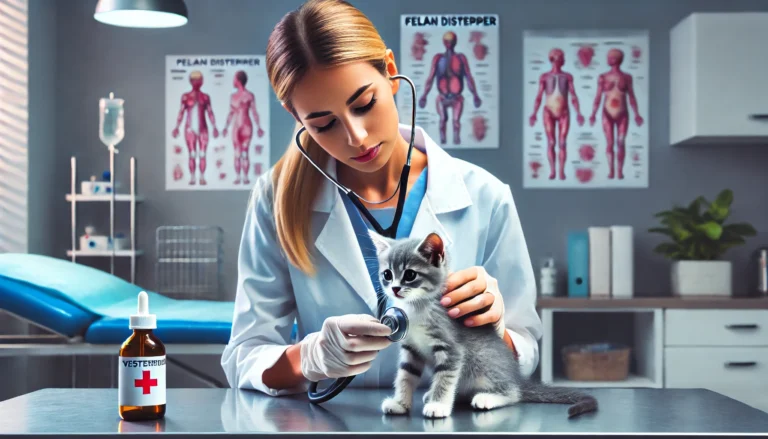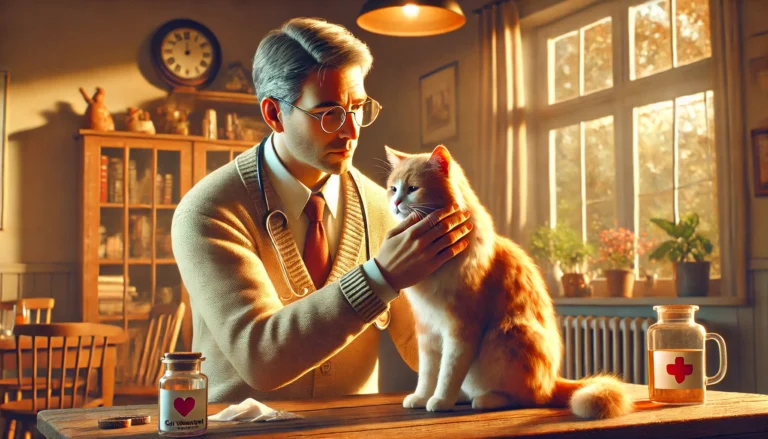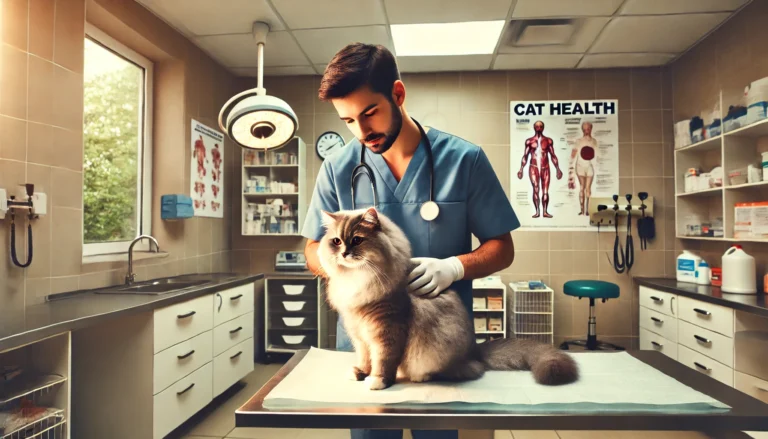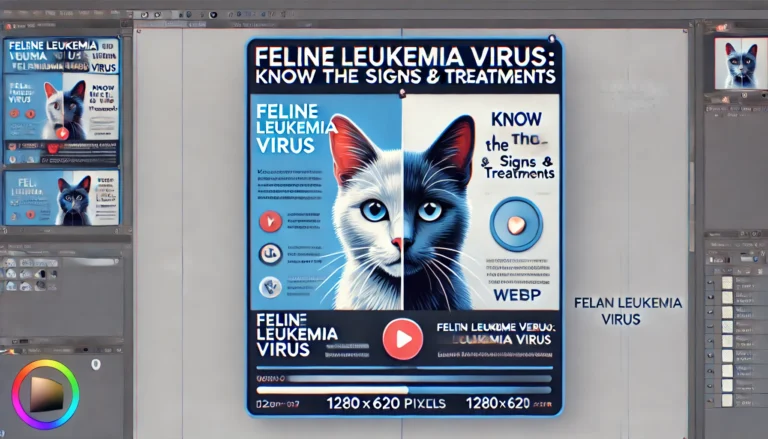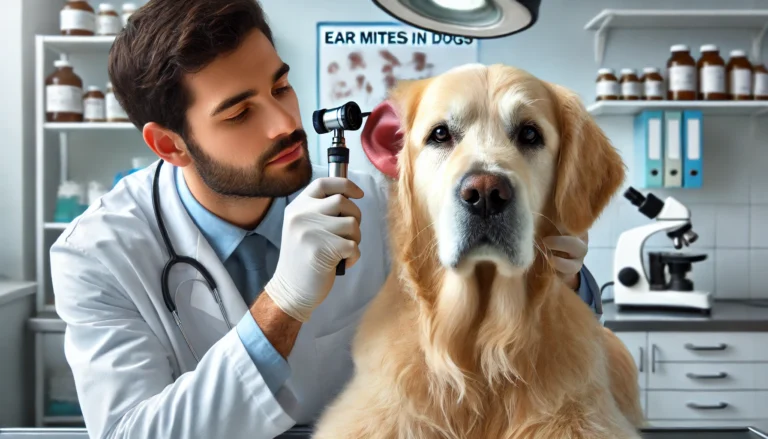Cat Diarrhea: Causes and What to Do to make cat better
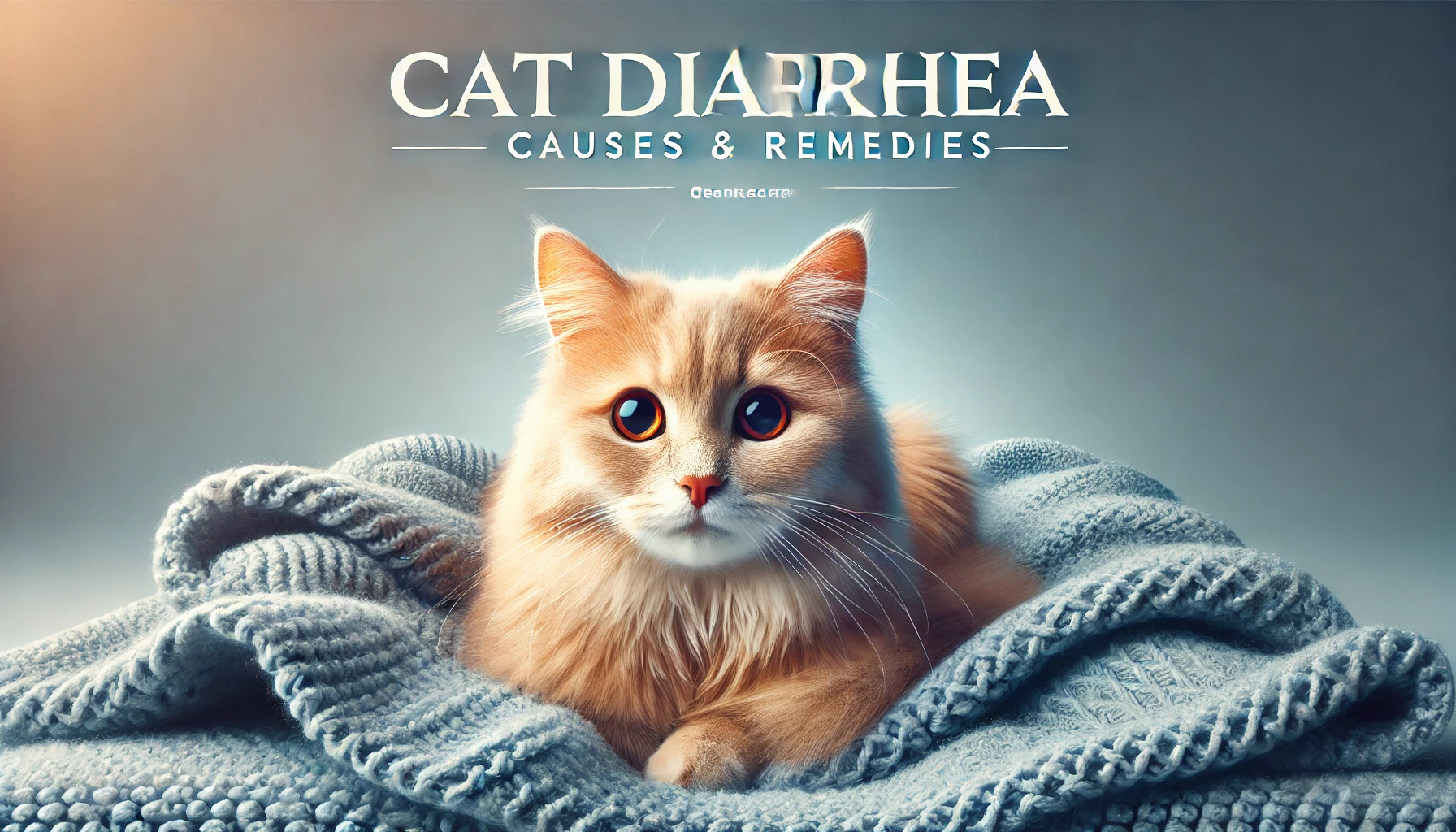
Dealing with cat diarrhea can be a challenging and worrisome experience for any pet owner. This common condition in felines can range from a mild, transient issue to an indicator of a serious health problem. Understanding the various causes of diarrhea and how to effectively manage it can help ensure that your cat remains healthy and comfortable.
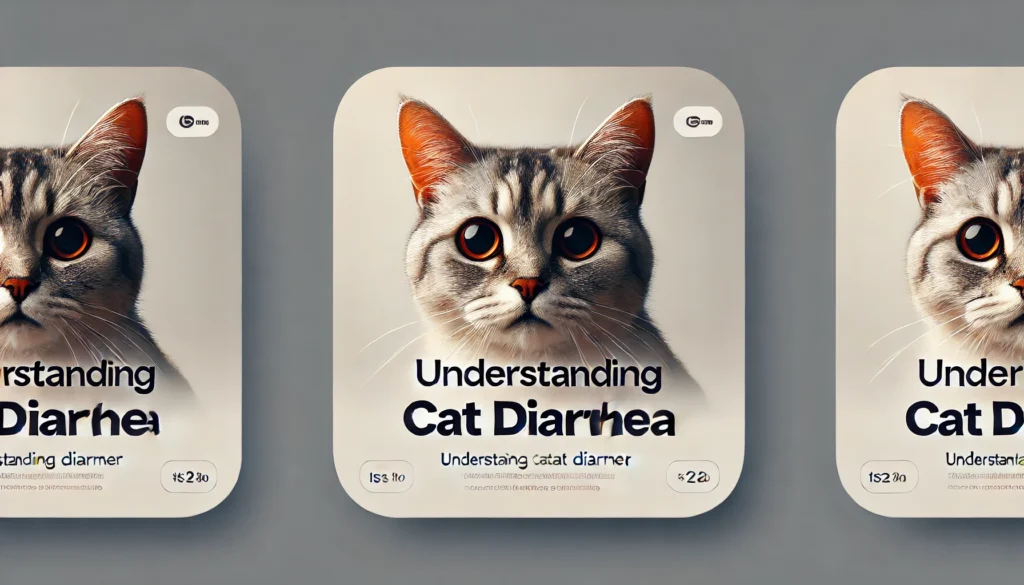
Understanding Cat Diarrhea
Cat diarrhea involves the frequent passing of loose or liquid stools. It can be caused by a variety of factors, and recognizing these can be crucial for treatment and prevention.
Common Causes of Diarrhea in Cats
- Dietary Indiscretion: Cats that eat something they shouldn’t, like spoiled food or foreign objects, can develop diarrhea.
- Infections: Bacterial, viral, or parasitic infections can cause diarrhea, including common culprits like feline parvovirus or giardia.
- Chronic Conditions: Diseases such as hyperthyroidism, inflammatory bowel disease, or kidney disease can lead to diarrhea.
- Food Allergies: Some cats are allergic or intolerant to components of their diet, which can result in digestive upset.
- Medications: Certain medications can disrupt a cat’s digestive system and lead to symptoms like diarrhea.
Do you know?
Siamese cats, known for their striking blue eyes and unique color points, are one of the most cherished cat breeds worldwide
Symptoms Accompanying Cat Diarrhea
- Frequent liquid stools
- Vomiting
- Lethargy
- Abdominal pain
- Weight loss
- Changes in appetite
What to Do If Your Cat Has Diarrhea
If you notice that your cat has diarrhea, the first step is to assess the severity and duration of the condition. Here are some strategies to manage mild cases at home and signs that you should seek veterinary attention.
Home Care Tips
- Dietary Management: Temporarily switch to a bland diet, such as boiled chicken or rice, to help settle your cat’s stomach.
- Hydration: Ensure your cat stays hydrated, as diarrhea can quickly lead to dehydration.
- Probiotics: Adding probiotics to your cat’s diet can help stabilize their digestive tract.
- Observe and Record: Keep a close eye on your cat’s behavior and bowel movements, and note any other symptoms.
When to Visit the Vet
- Persistent Diarrhea: If diarrhea lasts more than a day or two, consult your veterinarian.
- Severe Symptoms: Accompanying symptoms like vomiting, fever, lethargy, or blood in the stool require immediate veterinary care.
- Risk of Dehydration: Especially important for kittens and older cats who are more vulnerable to the effects of dehydration.
Preventing Diarrhea in Cats
Preventing cat diarrhea is focused on maintaining a healthy lifestyle and environment for your pet.
- Quality Diet: Feed your cat a high-quality diet suitable for their age, health status, and lifestyle.
- Regular Veterinary Checkups: Regular check-ups can help catch and manage conditions that could lead to diarrhea.
- Parasite Control: Keep up with your cat’s regular deworming and flea control to prevent parasitic infections.
Conclusion of cat diarrhea
While cat diarrhea is a common issue, understanding its causes, treatment options, and preventive measures can help you better manage this unpleasant condition. Always monitor your cat’s health and consult with a veterinarian if you notice changes in their bowel habits or overall health. By taking proactive steps, you can help ensure your feline friend lives a long, vibrant life. Incorporating the detailed examination of diarrhea causes and comprehensive care recommendations can significantly assist in managing this condition effectively, ensuring your cat remains happy and healthy.
How long is too long for a cat diarrhea?
Diarrhea that persists for more than 24-48 hours in cats should be a cause for concern and warrants veterinary attention. Prolonged diarrhea can lead to dehydration and may be a sign of more serious underlying health issues. It’s particularly urgent to consult a vet if the diarrhea is accompanied by other symptoms such as vomiting, lethargy, or a decrease in appetite.
What can I give my cat to stop diarrhea?
To help stop diarrhea in your cat, you can start by temporarily withholding food for 12-24 hours, but never water. After this fasting period, offer a bland diet such as boiled chicken or turkey without skin, mixed with white rice. Over-the-counter probiotics formulated for cats can also be beneficial to help restore the natural flora in your cat’s intestines. However, it’s crucial to consult your veterinarian before giving any medications or supplements.
What is the main cause of diarrhea in cats?
The main causes of cat diarrhea include dietary indiscretions (eating spoiled food or non-food items), infections (bacterial, viral, or parasitic), allergies or intolerances to certain foods, inflammatory bowel disease, and side effects of certain medications. Determining the exact cause often requires a veterinary examination and sometimes laboratory tests.
How can I firm up my cat’s stool?
To firm up your cat’s stool, ensure a balanced diet suitable for their age, health, and lifestyle. Including easily digestible fibers such as those found in pumpkin or specific veterinary-prescribed diets can also help. Probiotics may assist in restoring the natural gut flora, which can improve stool consistency. If the problem persists, it’s best to seek veterinary advice to rule out any underlying health issues.
Why is my cat’s poop runny and smelly?
Runny and smelly cat poop can be caused by a variety of issues including infections, parasitic infestations, dietary indiscretion, or food intolerances. Malabsorption or digestive disorders might also cause these symptoms. If this is a recurring problem, a veterinary visit is necessary to diagnose and address the underlying cause.
How does a vet treat a cat with diarrhea?
A vet may treat a cat diarrhea based on the underlying cause determined through examination and diagnostic tests. Treatment could include fluids to address dehydration, medications to treat infections or parasites, dietary changes, or probiotics to restore intestinal flora. In more severe cases, hospitalization may be required to manage symptoms and administer supportive care.
What stops diarrhea fast naturally?
For natural fast relief from diarrhea, ensuring adequate hydration is key. Offering small amounts of water frequently can help prevent dehydration. Foods like boiled pumpkin can aid in firming up stool due to its high fiber content. However, natural remedies should be used with caution and veterinary advice should be sought if diarrhea persists beyond a day or is severe.
What is the drug of choice for diarrhea in cats?
The drug of choice for diarrhea in cats will depend on its cause. For instance, metronidazole is commonly used to treat protozoal and certain bacterial infections. However, it’s crucial to identify the cause of diarrhea before starting any treatment, as inappropriate use of medication can exacerbate the problem.
Can dry food cause diarrhea in cats?
Dry food can cause diarrhea in cats if they are allergic to one or more of its ingredients, if the food is of low quality, or if the cat eats too much dry food too quickly. It’s also possible for cats to develop diarrhea if there is a sudden change in their diet. To avoid this, any dietary changes should be introduced gradually.
Will cat diarrhea go away on its own?
Mild cases of cat diarrhea can sometimes resolve on their own with proper care, such as dietary management and ensuring adequate hydration. However, persistent, severe, or recurring diarrhea is likely indicative of a deeper health issue that requires veterinary attention.
How to clean cat diarrhea?
To clean cat diarrhea, first remove as much of the feces as possible using paper towels. Clean the area with an enzyme-based cleaner to break down and neutralize the odor and stain. For carpets, a steam cleaner may be needed for deeper sanitation. Always wear gloves to avoid contamination and wash your hands thoroughly afterward.
Do cats stop eating when they have diarrhea?
Cats may stop eating when they have diarrhea, especially if they feel nauseous or if the diarrhea is accompanied by other discomforts such as abdominal pain. If your cat stops eating for more than a day, it is important to consult a veterinarian to avoid complications from malnutrition or dehydration.
What are home remedies for cat diarrhea?
Home remedies for cat diarrhea include providing a bland diet like boiled chicken and rice, keeping the cat hydrated, and incorporating a small amount of plain canned pumpkin into their food for added fiber. Probiotics specifically designed for cats can also help restore healthy intestinal flora. However, if diarrhea persists, consult a veterinarian.
Why is my cat having diarrhea but acting normal?
If your cat has diarrhea but is otherwise acting normal, it may be experiencing a minor dietary upset or mild infection that doesn’t affect its overall energy levels or behavior. Keep an eye on the diarrhea, and if it continues or worsens, consult your veterinarian as it could develop into a more serious condition.
What can I feed my cat to get rid of diarrhea?
When your cat has diarrhea, feeding it a bland diet can help soothe its digestive system and firm up stools. Suitable foods include boiled chicken or turkey without skin and bones, mixed with plain white rice or pasta. After a couple of days, gradually reintroduce their regular food.
Does yogurt help cats with diarrhea?
Yogurt with live cultures can sometimes help restore intestinal flora and reduce diarrhea, but many cats are lactose intolerant and may not respond well to dairy products. If you choose to use yogurt, ensure it is plain and does not contain xylitol or artificial sweeteners. It is safer to use probiotics formulated specifically for cats.

